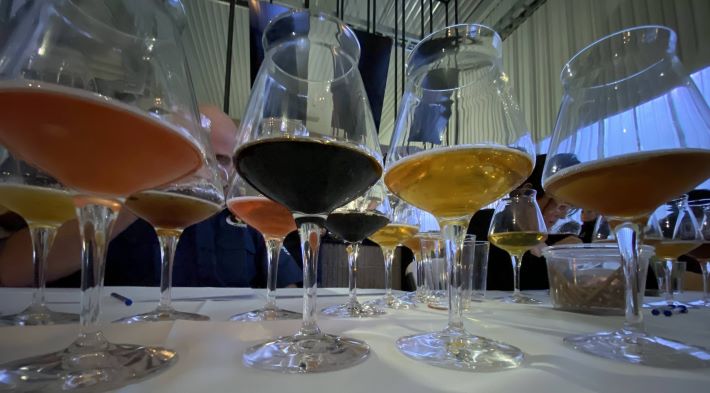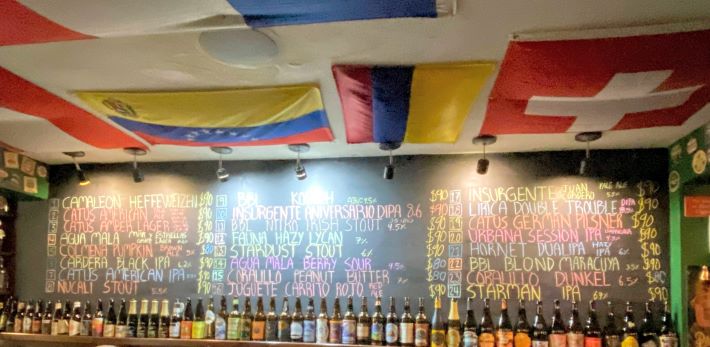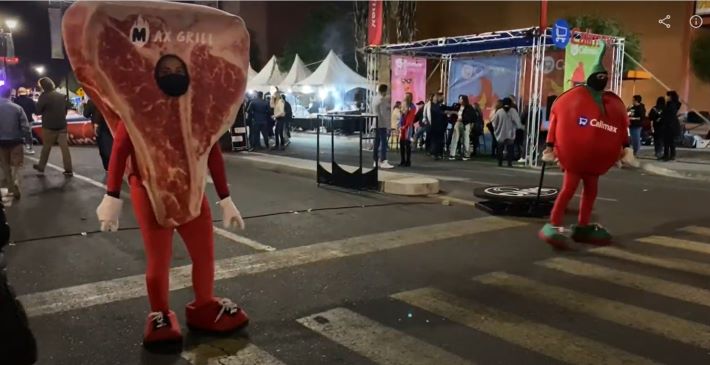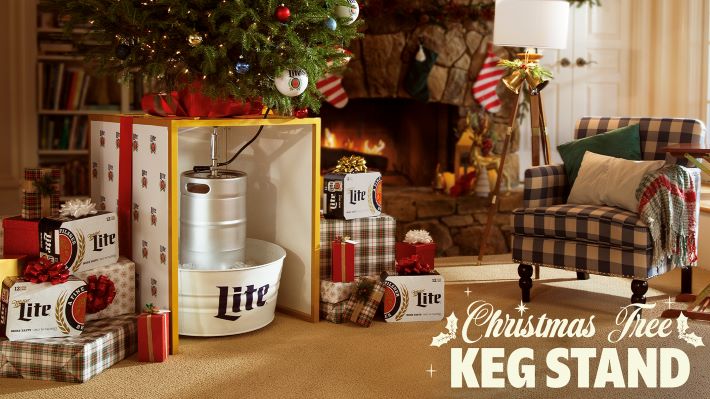
Call it Beer History Week. There’s Ales Through the Ages in Williamsburg, Va., and Beer Culture Summit in Chicago. They are both hybrid conferences, that is in-person and virtual.
So first up today, Martyn Cornell — who’ll be presenting at both conferences — digs deep into a new book that “picks up a tall stack of received wisdom on the origins and development of two of Belgium’s most iconic, most revered beer styles (lambic and geueze) and smashes it all on the floor.”
He writes, “for me this is exactly reminiscent of the situation surrounding the histories of porter and IPA at the start of this century: lots of terrific stories, repeated by everybody, all unfortunately powered by myth, misunderstanding and a total lack of actual evidence to support them.”
I’m pretty sure sorting out myths from terrific stories will be discussed in after hours drinking socializing in Williamsburg.
Reality check: brewing is a business, a changing business
Hitting reset. The headline on this story summarizes it well, “The Lost Abbey shifting its model to match current industry trends.” As does the headline on a second story, “Vow of Modesty — Amidst Sales Pressures, The Lost Abbey Downsizes to Preserve a Longer Future.”
Beyond . . . well, something. Lost Abbey made its way into pretty much every trade-related conversation I had after their right-sizing story posted Tuesday. Whether the people I was speaking with were at small breweries content to remain small, at somewhat larger (but not really large) ones in the midst if figuring out how large they should be, or hop vendors who sure as shootin’ need to know how their customers are doing, the news was not shocking.
I don’t doubt there are brewers out there who thought, holy shit, what business have I got myself in to? And others who still consider themselves immune. They just don’t happen to be the brewing types I talk with regularly. It understand this is a luxury, one consumers may also enjoy. So two paragraphs from this story about non-beer from beer pioneers:
– “Today’s craft breweries of a certain size are morphing into multi-threat operators whose foundational fealty to ‘traditional beer’ has been tempered by drinkers’ changing tastes, increased competition, and investors’ demands, too. Or they’d better start soon, because there’s a paradigm shift afoot: The country’s biggest craft beer producers are becoming ‘beverage companies,’ like Boston Beer Company and those dastardly macrobrewers before them.”
– “Don’t fret if you’re a longtime craft beer fan who loved the whole small/local/independent thing, either. There are still, like, a bajillion beer-making craft breweries out there for you to patronize.”
Personally, I value the “making a connection” and “brewing interesting beer” thing more than the “small/local” thing, but it does seem the two are often intertwined.
Is this cheating? We used to live around the corner from Jason Pellet of Orpheus Brewing in Atlanta, and I know the lengths he goes to in order to add unusual flavors to his beers. (You’ll find him quoted in this story.) I appreciate the effort, but I’m not going to spend much time worrying about if a brewery I have no connection with is flavoring its beer with an Amoretti product. That is somebody else’s fight. But it seems like a statement from the company that they are working with half of the 9,000-plus breweries in the country requires supporting evidence.
You might also enjoy
Kölsch noir. Koln in black and white.
The class of 2012. This story fits under the umbrella of the business of beer, but it also touches upon how what we expect from breweries is changing. Not only what’s in the glass, but what roles they play within the various communities that support them, including financially. As Jeff Alworth points out, more than 7,000 breweries have opened during the 10 years the nine breweries he focuses on have been operating. Together those breweries are part of a big story.
There are hundreds, well thousands, more small stories. They are often similar, but still unique to their place. The neighbors drinking excellent lagers at Fritz Family Brewers in Niwot, Colorado, don’t give diddly-squat that Varietal Beer in Sunnyside, Washington, had four fresh hop beers on tap during hop harvest. I look forward to reading (or listening to, because: podcasts) stories about such breweries. The stories don’t have to be 2,000 words long and it is OK if the people within are as ordinary as you and I. (Don’t take that wrong. You may be special. I can be ordinary enough for both of us.)
ID required. The link may get you past the age gate or you may have to plugin a birth date (your own or a random stranger’s). Honestly, I included the link so I could post the picture at the top. Bigger Beernaments and adding keg functionality to a tree stand? Not on my wish list.
Pubs. The pictures in this new book and the descriptions of the four finalists for Pub of the Year 2022 . . . they seem like magic, don’t they?
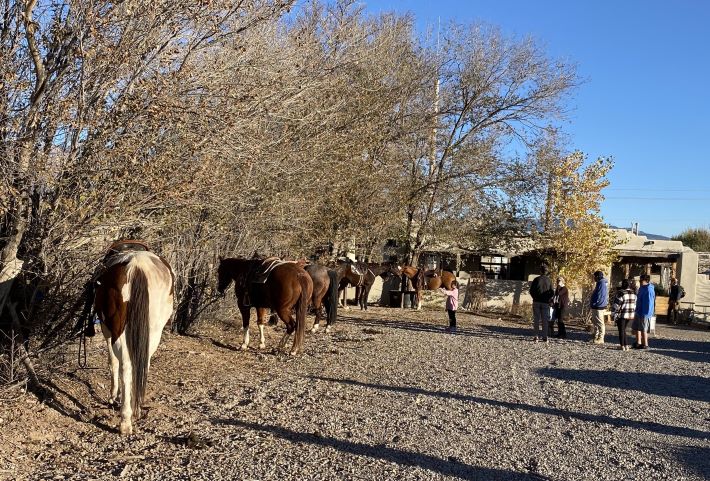
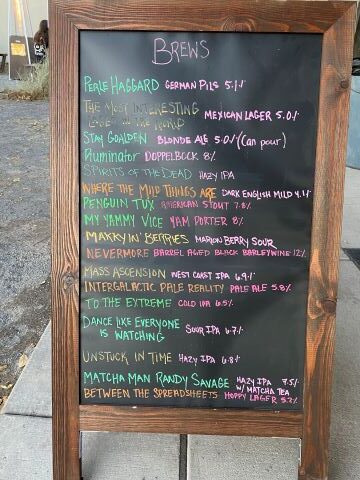 Ex Novo Brewing in Corrales, NM, has horse parking. The stucco building in the distance is the brewery tasting room.
Ex Novo Brewing in Corrales, NM, has horse parking. The stucco building in the distance is the brewery tasting room.